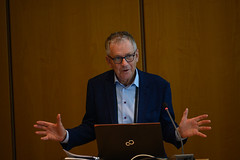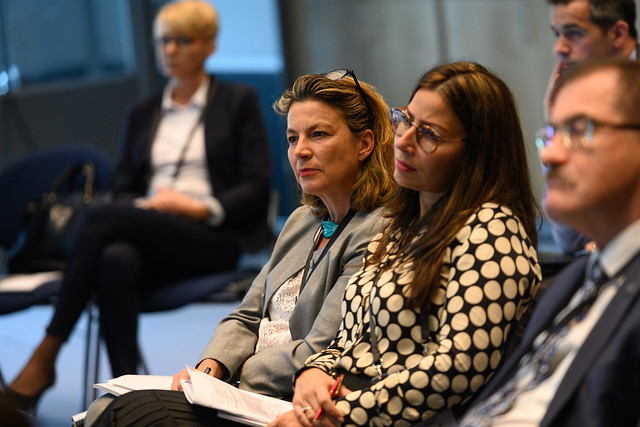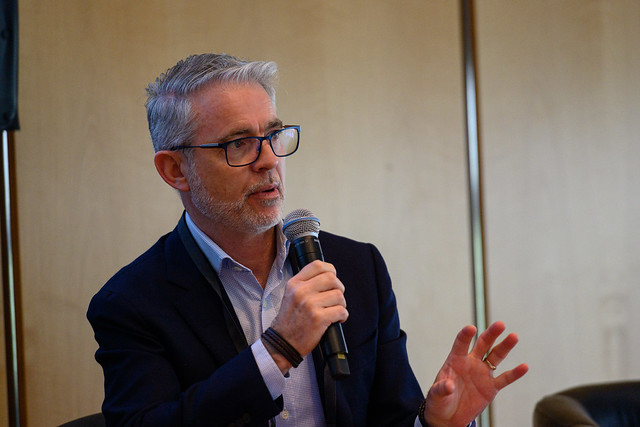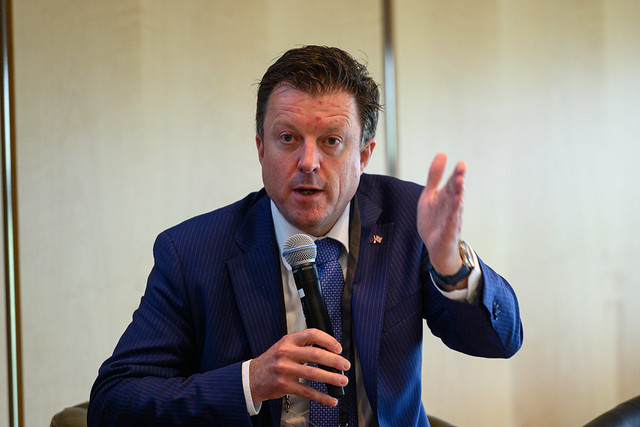The challenges that most countries face in addressing growing transport demand and increasing environmental costs with limited resources for infrastructure investment were discussed in this session. In this context the international experience with proactive infrastructure policies to extend the life of road assets and mitigate road infrastructure wear, and the use of high capacity vehicles to increase the operational efficiency of road freight, are relevant.
Experience shows that the failure of road infrastructure, in particular bridges, is very expensive for road users and infrastructure managers. This is particularly relevant in the many countries where much of the existing road infrastructure was built in the 1960s and 70s. Potential means of preventing failure and improving in-service infrastructure quality include proactive road maintenance approaches, demand management, traffic management, regulation and network-level road asset management. Data-driven approaches should be employed to maximise effectiveness and efficiency.
A relatively straightforward approach to increasing the efficiency of road transport operations, while keeping infrastructure impacts limited, is the use of high capacity vehicles. A growing number of countries have chosen to implement high capacity transport in the recent years due to their higher efficiency and better environmental performance per unit of transported cargo. However concerns regarding their negative impacts on modal split, safety and infrastructure must be addressed.
Traditionally, governments have not allowed the use of high-capacity vehicles due to concerns over their impacts on infrastructure. These concerns are real, however, cost-benefit analysis can and should be employed to investigate and balance the efficiency and environmental gains from allowing high-capacity vehicles against the infrastructure costs they entail and determine the best approaches to implementing high capacity transport.
The discussions in this session were based on two recently published ITF Working Group reports: Policies to Extend the Life of Road Assets, By mitigating deterioration caused by trucks (PELRA) and High Capacity Transport: Towards Efficient, Safe and Sustainable Road Freight.
Speakers
Speakers

Christopher Walker
Associate Dean, University Relations
Australia and New Zealand School of Government (ANZSOG)

Miglé Blusevičiūtė
Policy Manager
CLECAT (European Association for Forwarding, Transport, Logistics and Customs Services)


















